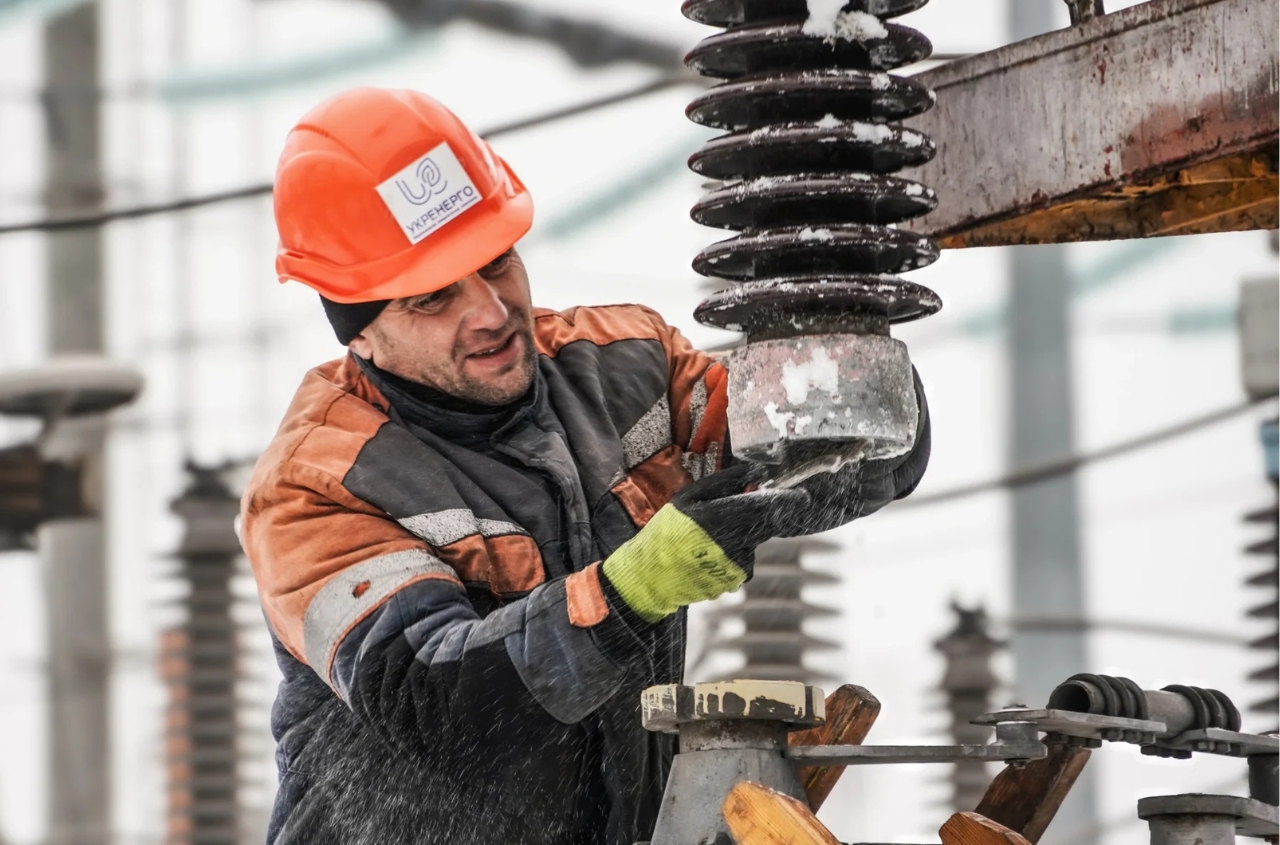Switzerland has decided that starting November 1, it will limit the granting of protection status (Status S) for Ukrainian refugees from seven western regions of Ukraine.
SRF reports that the Swiss Federal Council decided to change its approach to granting protection status to Ukrainians from November 1.
Since “sustainable stabilization… in the medium term does not appear realistic” in Ukraine, the Swiss government will continue to provide protection status to Ukrainians. However, the Swiss parliament demanded distinguishing between regions of Ukraine where return is considered acceptable and those where it is not.
In response, the Swiss government considers return to Volyn, Rivne, Lviv, Ternopil, Zakarpattia, Ivano-Frankivsk, and Chernivtsi regions acceptable.
The new rules will take effect on November 1 this year. Those who have already received protection status will not be affected by the new restrictions.
The Federal Council also decided that protection status will not be revoked before the beginning of March 2027.
“To understand the scale: among the refugees currently in Switzerland with protection status, just over 10% come from the regions that the federal authorities now consider safe,” said SRF editor Dominik Maier.
The State Secretariat for Migration (SEM) will continue to examine each Ukrainian application individually. If SEM rejects a protection request because the person comes from a region considered safe for return, a deportation decision will be issued.
If carrying out such a decision is legally impossible or individually unacceptable, the person will be allowed to stay temporarily in Switzerland.
Ukrainians who can no longer receive protection status under the new rules may apply for asylum. They also have the option to move to an EU country.





















